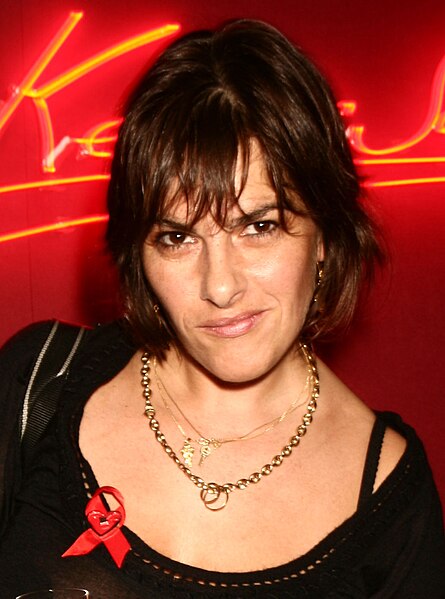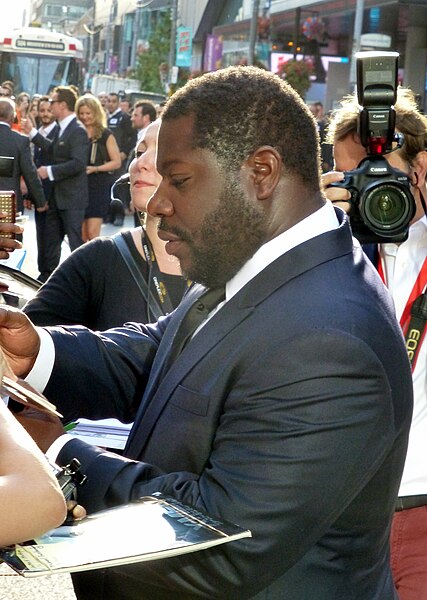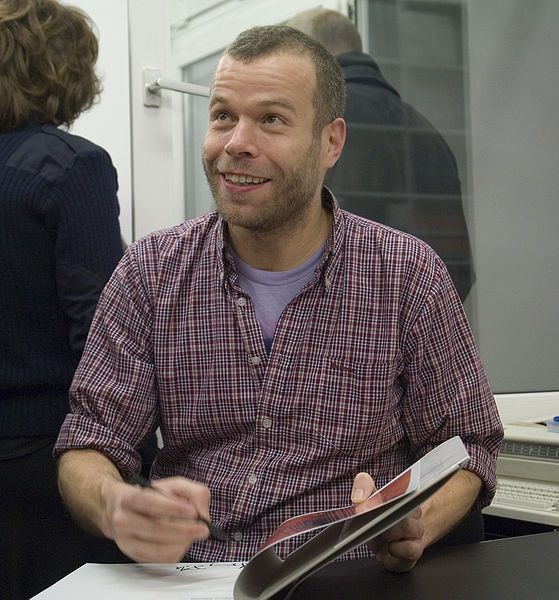Helen Chadwick was a British sculptor, photographer and installation artist. In 1987, she became one of the first women artists to be nominated for the Turner Prize. Chadwick was known for "challenging stereotypical perceptions of the body in elegant yet unconventional forms. Her work draws from a range of sources, from myths to science, grappling with a plethora of unconventional, visceral materials that included chocolate, lambs tongues and rotting vegetable matter. Her skilled use of traditional fabrication methods and sophisticated technologies transform these unusual materials into complex installations. Maureen Paley noted that "Helen was always talking about craftsmanship—a constant fount of information". Binary oppositions was a strong theme in Chadwick's work; seductive/repulsive, male/female, organic/man-made. Her combinations "emphasise yet simultaneously dissolve the contrasts between them". Her gender representations forge a sense of ambiguity and a disquieting sexuality blurring the boundaries of ourselves as singular and stable beings."

Helen Chadwick
Beck Road, Hackney, where Chadwick lived
Helen Chadwick, Piss Flowers
Another Piss Flower
The Turner Prize, named after the English painter J. M. W. Turner, is an annual prize presented to a British visual artist. Between 1991 and 2016, only artists under the age of 50 were eligible. The prize is awarded at Tate Britain every other year, with various venues outside of London being used in alternate years. Since its beginnings in 1984 it has become the UK's most publicised art award. The award represents all media.
Tate Britain: usual venue for the awarding of the Turner Prize.
Tracey Emin, debate controversy in 1997, nominee in 1999.
Director Steve McQueen at the Toronto International Film Festival, September 2013
Wolfgang Tillmans, winner in 2000








